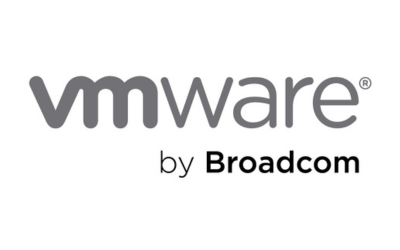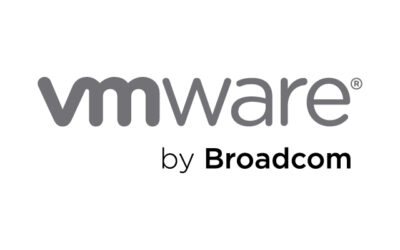
Enhance your call routing with Text-to-Speech
Are you tired of the tedious process of recording messages for your phone system? We look at how our bespoke text-to-speech application can transform your telephony experience.

Are you tired of the tedious process of recording messages for your phone system? We look at how our bespoke text-to-speech application can transform your telephony experience.

In today’s fast-paced business landscape, enterprises are constantly challenged by a myriad of obstacles, ranging from operational inefficiencies to intricate decision-making processes....

As we continue to witness the evolution of the VMware by Broadcom acquisition, staying informed and prepared is essential to successfully navigating through this evolving situation. In this article...

In recent years, the data centre market has witnessed a remarkable surge in energy consumption, largely attributed to the escalating demands of artificial intelligence (AI). This trend, as highlighted...

We understand that moving data centre can be a very scary transition to make. You need to know you’re in safe hands and that you can put your trust in a provider who has the skills and...

As the transition from VMware to Broadcom looms, it's imperative for organisations to understand the timeline and take the necessary actions promptly.

In today’s interconnected digital landscape, the threat of ransomware looms large, and the consequences of an attack can be devastating for any business. The common misconceptions of...

It's crucial to stay informed about how government policies, such as the recent Chancellor’s Spring Budget, can affect our technology landscape. Here’s a breakdown of key points from the budget...

Is your contact centre rolling with omni-channel or hanging onto multichannel? Knowing the difference can make or break your customer experience and even impact your success. Dive in to find out why...

In the dynamic landscape of technological advancements, Microsoft has been at the forefront of innovation, with recent financial results revealing a remarkable surge in its Intelligent Cloud business....

How you can use a visual WAN dashboard to track your network performance to support your network availability and business growth.

Microsoft Copilot's integration into Microsoft licensing packages and security best practices, positions Copilot AI companion for businesses.